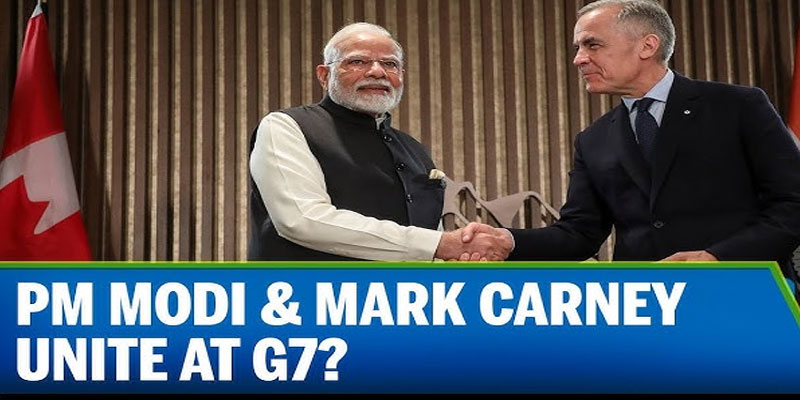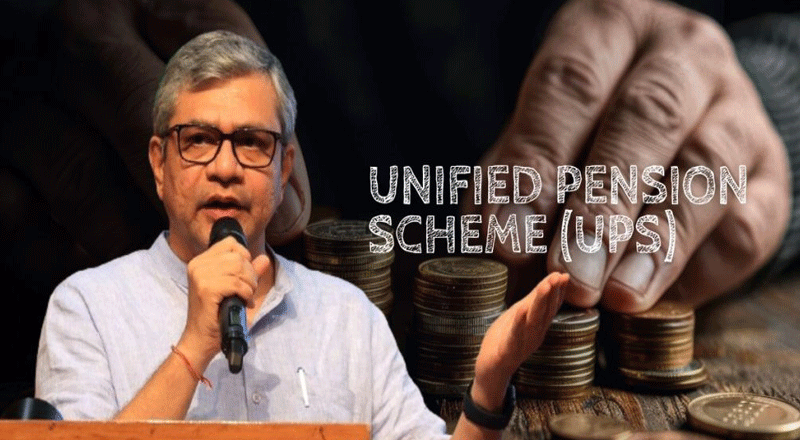After a bitter freeze in relations, the two countries move to rebuild trust, reinstate High Commissioners, and resume trade talks — a breakthrough months in the making.
From Diplomatic Deep Freeze to Re Engagement
At the G7 Summit in Kananaskis, a significant diplomatic shift took place: Indian Prime Minister Narendra Modi and Canada’s newly elected Prime Minister Mark Carney held a critical meeting that resulted in a landmark agreement—the reinstatement of High Commissioners in each other’s capitals. This marks the first tangible step toward repairing a relationship that had been strained, even frozen, for nearly a year.
According to statements from both nations, the decision was driven by a mutual desire to restore “regular services to citizens and businesses in both countries.” Foreign Secretary Vikram Misri described the meeting as a “calibrated” effort to normalize ties, setting the foundation for future engagement based on “mutual respect, sovereignty, and trust.”
The Fallout Under Trudeau: Accusations and Retaliation
Relations between India and Canada plummeted in 2023 under former Canadian Prime Minister Justin Trudeau. The catalyst: Trudeau’s explosive claim of a “potential Indian government link” to the killing of Hardeep Singh Nijjar—a Canadian citizen and pro-Khalistan extremist—in British Columbia.
India categorically rejected the accusation, calling it “absurd and politically motivated.” What followed was a downward spiral of diplomatic retaliation: India expelled six Canadian diplomats and recalled its own High Commissioner, Sanjay Verma. Canada’s investigation, which named Verma a “person of interest,” was met with India’s swift withdrawal of personnel, pre-empting any further escalation.
Nijjar’s killing, while shocking, was deeply divisive. India had long classified him as a terrorist, while some in Canada viewed him as a political activist. Trudeau’s public allegations, made without presenting conclusive evidence, severely damaged the diplomatic fabric between the two democracies. Bilateral engagements stalled. Trade talks were frozen. Visa processing slowed. Channels of communication went cold.
Diplomatic Thaw Under Carney: Fresh Tone, Firm Ground
The recent shift in tone under PM Mark Carney has been striking. In contrast to Trudeau’s confrontational posture, Carney opted for pragmatism. After meeting Modi at the G7, Carney said their conversation was a “necessary first step” and emphasized an honest dialogue “around law enforcement and transnational repression.”
Both leaders agreed to designate new High Commissioners, the most direct signal that trust-building efforts are underway. The aim, they said, is to return to normal consular operations, benefiting both diaspora communities and the broader business environment.
Importantly, trade talks are now back on the table. In 2023, bilateral trade between India and Canada stood at approximately $9 billion. While not massive, the trade relationship has room for exponential growth, particularly in sectors like clean energy, technology, and critical minerals—areas highlighted during the G7 discussion.
People, Prosperity, and the Indo-Pacific
India and Canada are linked not just by trade but by people. Canada is home to the largest Sikh population outside India, and the Indian diaspora contributes significantly to Canadian society and economy. The breakdown in diplomatic services had real-world consequences—from stalled visas to diplomatic deadlock.
Both countries now recognize that restoring services for citizens and businesses is urgent and vital. They also reiterated shared interests in the Indo-Pacific, resilient supply chains, and joint efforts to combat transnational crime—signaling that this re-engagement is not simply transactional but strategic.
Diplomacy Over Drama
The decision by PM Modi and PM Carney to step back from confrontation and prioritize diplomacy is both welcome and necessary. The prolonged fallout from Trudeau’s tenure was driven more by political posturing than by hard evidence, and it came at the expense of real people and real interests on both sides.
While national security and sovereignty must never be compromised, allegations must be rooted in evidence, not speculation, especially when they threaten the foundations of a long-standing bilateral relationship.
India and Canada are pluralistic democracies with shared values, economic synergies, and deeply interconnected communities. The decision to restore High Commissioners should be seen not just as a symbolic reset but as a bold commitment to move beyond a year of distrust and begin a chapter of mature, measured diplomacy.
The path ahead won’t be without challenges. But diplomacy, when practiced with sincerity and restraint, remains the most powerful tool to bridge divides. The Modi-Carney breakthrough shows that even after a storm, nations can choose dialogue over discord—and begin anew.
(With agency inputs)






















